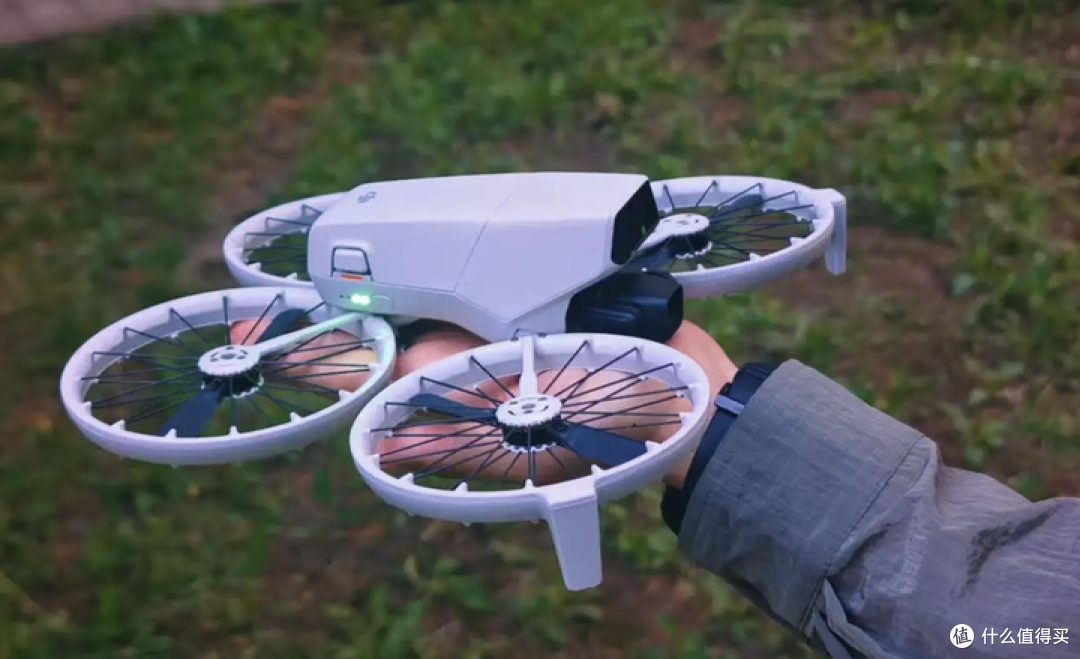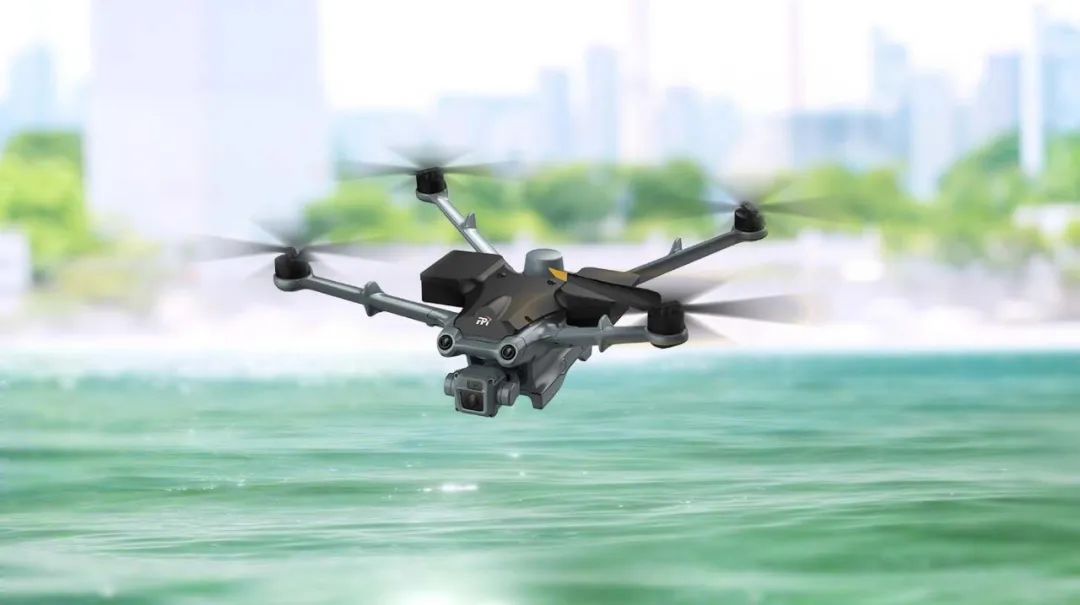Drone technology has rapidly evolved, offering hobbyists, professionals, and businesses new opportunities to capture imagery, deliver goods, and undertake surveillance. However, with these advances come challenges, especially when drones fail to operate safely—such is the case with recent drone crashes in NJ. Understanding what can lead to such incidents and examining associated preventive measures is crucial for enhancing drone safety.
Causes of Drone Crashes
A variety of factors can contribute to a drone crashing. One primary reason is pilot error, which includes misunderstanding controls or misjudging distances. Technical issues also play a significant role, from battery failures to system malfunctions. Furthermore, weather conditions such as high winds or rain can exacerbate these challenges, making navigation difficult or impossible. It’s important to recognize the significance of external obstacles, like birds or other aircraft, which might lead to sudden collisions.
Improvements in Technology
Technological advancements are constantly seeking to mitigate these issues. Enhanced GPS systems provide more precise tracking for drones, while collision avoidance technologies work relentlessly to foresee obstacles and adjust flight paths accordingly. Firmware updates and improvements in structural design also contribute to better durability and responsiveness, minimizing crash risks inherent in drone flight.
Regulatory Factors
New Jersey, like many states, adheres to FAA regulations which mandate specific operational guidelines for drone flights. Staying informed of these laws is essential for preventing unauthorized use of drones, thereby reducing risks associated with improper operation. This includes maintaining visual line-of-sight, avoiding flying over crowds, and ensuring proper registration for drones.
Incorporating these legal aspects into drone operations not only prevents accidents but also enhances overall community safety.
Safety Protocols and Training
Training is vital for anyone operating a drone, reducing the likelihood of pilot error. Courses endorsed by the FAA or organizations specializing in aviation emphasize essential skills including pre-flight checks, understanding weather impacts, and the importance of equipment maintenance. Regular training updates and simulations help operators remain adept in managing emergent scenarios.
Commercial and Recreational Use
Commercial use of drones in New Jersey has surged, spanning industries from agriculture to real estate. The leading force behind this explosion is the significant advantages such drones offer, like realtime data collection or large-scale mapping capabilities. Recreational users, however, must be careful about getting caught up in the excitement without proper awareness; hence safety protocol adherence is extra important.
Potential Impact on Safety Measures
 Drone crashes pose significant safety risks not only to those operating them but also to pedestrians and property nearby. Encouraging responsible usage, paired with advancements in safety technology, can alleviate many such concerns.
Drone crashes pose significant safety risks not only to those operating them but also to pedestrians and property nearby. Encouraging responsible usage, paired with advancements in safety technology, can alleviate many such concerns.
Moreover, reaching community members through informative campaigns can elevate awareness and drive safer drone usage practices.
FAQ
Do I need a license to operate a drone in NJ? Yes, both hobbyists and professionals may require certification depending on the drone’s weight and operational use.
What should I do if I witness a drone crash?
 Report it to local authorities. They may liaise with relevant agencies to address potential legal and environmental impacts.
Report it to local authorities. They may liaise with relevant agencies to address potential legal and environmental impacts.
Can weather affect my drone flight? Absolutely. Weather plays a crucial role; wind, rain, and other conditions can alter flight paths and increase crash risks. Always review weather forecasts before flying a drone.
